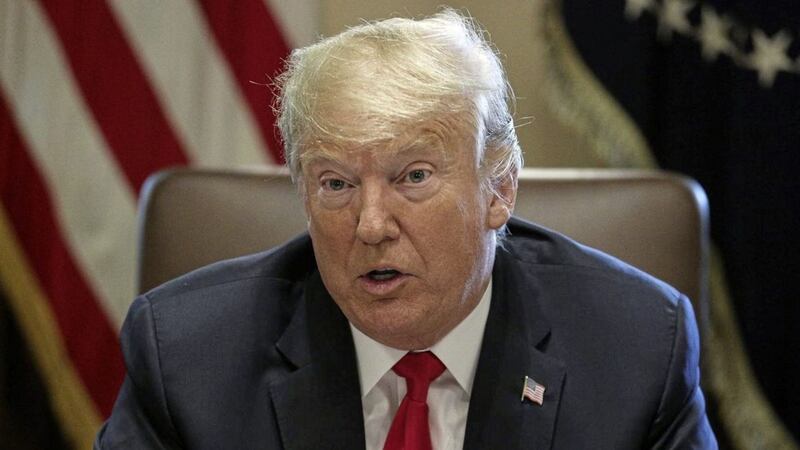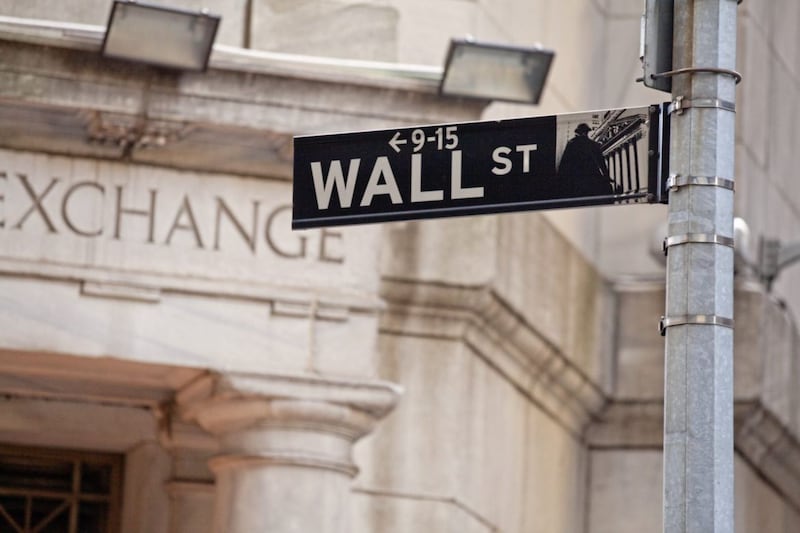WHETHER you're a politician, pupil or programmer, the summer holidays are over, and for investors these past few months can hardly be described as quiet.
But it likely pales in comparison to what lurks in the pipeline for the months ahead - potentially pivotal US mid-term elections, the denouement to Brexit negotiations, and a lengthening list of heterogeneous economic and political ills afflicting certain emerging market economies.
Party conference season approaches, as does the ‘six months to go’ marker for Brexit. A lengthy approval process for any eventual deal means that pens will need to be put down on the actual negotiations well before the end of the year. The deal, if indeed such a thing materialises as we still expect, will then need to be ratified by the EU Council and both the EU and UK Parliaments.
More important are the growing signs of fragility in the UK economy. We’ve long argued that the UK would prove relatively resilient to the unhelpful uncertainty created by Brexit. Long term, we still suspect that the difference between hard, soft or indifferent Brexit will fade to immateriality.
However, we have noticed a marked deterioration in one of our five preferred recession indicators of late. The private sector balance, a measure of how consumers and businesses are funding their expenditure, points to an increasingly frail UK economy, perhaps more vulnerable to disorderly Brexit.
For the world economy, the major (scheduled) political event will be US mid-term elections. Complicating our attempts at analysing them are the increasingly widespread expectations of a crescendo in the Mueller investigation. However this investigation concludes, the President has been very vocal in linking his potential impeachment to a stock market crash.
Those who look to the performance of capital markets during past comparable episodes for guidance will likely be disappointed. Neither Presidents Clinton nor Nixon were actually impeached in the end, with the Senate acquitting the former and the latter resigning before the House of Representatives even approved the charges.
The real lesson from these two episodes, though, is likely that it was not the impeachment proceedings that drove markets, but as usual, the wider economic context.
With this in mind, we doubt that capital markets would collapse if President Trump’s administration was endangered either electorally or indeed legally. The forward momentum of the world economy, and therefore its capital markets, has little to do with the actions of the White House, past, present or future.
For the UK, remembering that as much as 90 per cent of the variation in its equity prices over a five-year horizon is accounted for by international factors should provide some reassurance. You could argue that at current levels both sterling and gilt yields are already pricing in some of these darker economic clouds.
Nonetheless, it does suggest a bit more caution for those who would see the pound as cheap. Our tactical portfolio currently has no major currency positions, and we continue to focus our bets on developed and emerging stocks, paid for by high quality corporate and government bonds.
:: Jonathan Sloan is a director at Barclays Wealth and Investments NI








